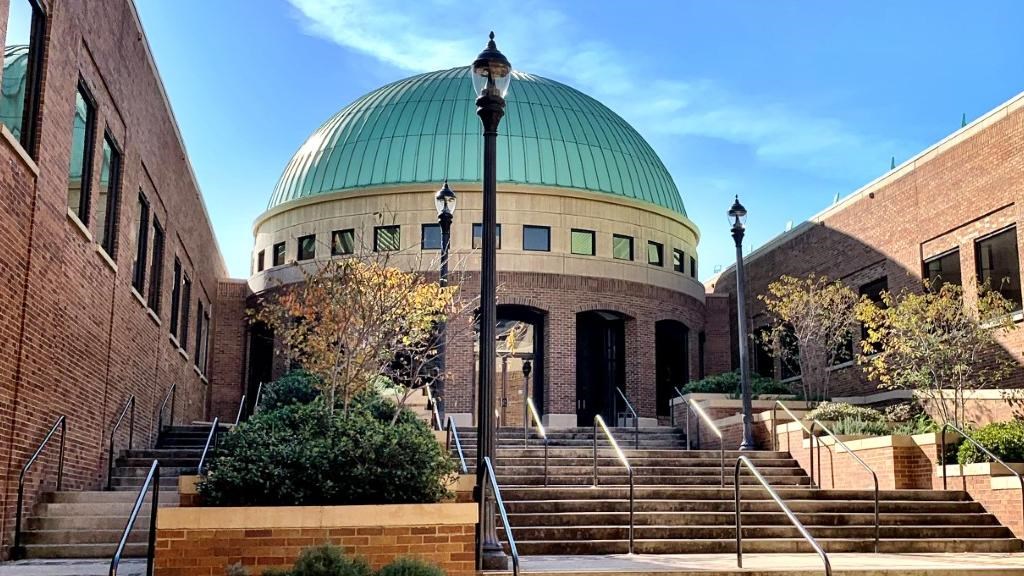Last updated: May 31, 2025
Place
Birmingham Civil Rights Institute

Greater Birmingham Convention & Visitors Bureau
Accessible Sites, Entrance Passes for Sale, Gifts/Souvenirs/Books, Historical/Interpretive Information/Exhibits, Information, Parking - Auto, Restroom, Theater/Auditorium, Ticket Sales, Toilet - Flush, Trash/Litter Receptacles, Water - Drinking/Potable
The Birmingham Civil Rights Institute (BCRI), part of the Birmingham Civil Rights National Monument and an affiliate of the Smithsonian Institution, is a cultural and educational research center that promotes a comprehensive understanding for the significance of civil rights developments in Birmingham. Celebrating its 25th anniversary in 2017, BCRI reaches more than 150,000 individuals each year though award-winning programs and services.
The idea that the city should memorialize its civil rights history originated with David Vann in 1978 during his term as Mayor. Vann's successor, Richard Arrington, Jr., Birmingham's first Black mayor, committed his energy and public funds to pursuing Vann's vision. The city acquired property in the area where the 1963 marches and demonstrations originated. Portraying the past in a healing manner, while also embracing the truth, serves as guiding principles for the Institute.
In the words of the Founding President, Odessa Woolfolk:
The Birmingham Civil Rights Institute signifies that Birmingham does not hide from its past. It acknowledges that where once the city housed two people, Black and White, unknown to one another except through the painful thread of segregation, Birmingham now embraces its past, neither forgetting nor dwelling on it, but using it to foster understanding.
Exhibits
The permanent exhibitions are a self-directed journey through Birmingham's contributions to the Civil Rights Movement and the pursuit of human rights across the globe. These are available to visit at all times of the year.
- Orientation Theatre: Experience post-Civil War Alabama through the early 1920s and meet the Black men and women who helped build the steel and rail industries that put Birmingham, Alabama on the map.
- Barriers Gallery: Confront separate water fountains and segregated schools in one of many displays reminding us that Birmingham was a city divided into two worlds in the early 20th century.
- Confrontation Gallery: Hear what was said behind closed doors during the Civil Rights era in flashbacks to the echoed voices of white and Black people living through these tumultuous times.
- Movement Gallery: Relive the history of America’s Civil Rights Movement between 1955 - 1963 in four unique theatrical depictions of seminal moments including “Birmingham the World is Watching.”
- Milestones Gallery: Photographs bare witness to the 1960s demonstrations at Kelly Ingram Park, the tragic bombing of the 16th Street Baptist Church, and the historic Selma to Montgomery March.
- Human Rights Gallery: Understand the struggle for equality as an enduring contemporary challenge reflected in movements for human rights beyond Birmingham’s city limits, throughout the U.S., and around the world.
